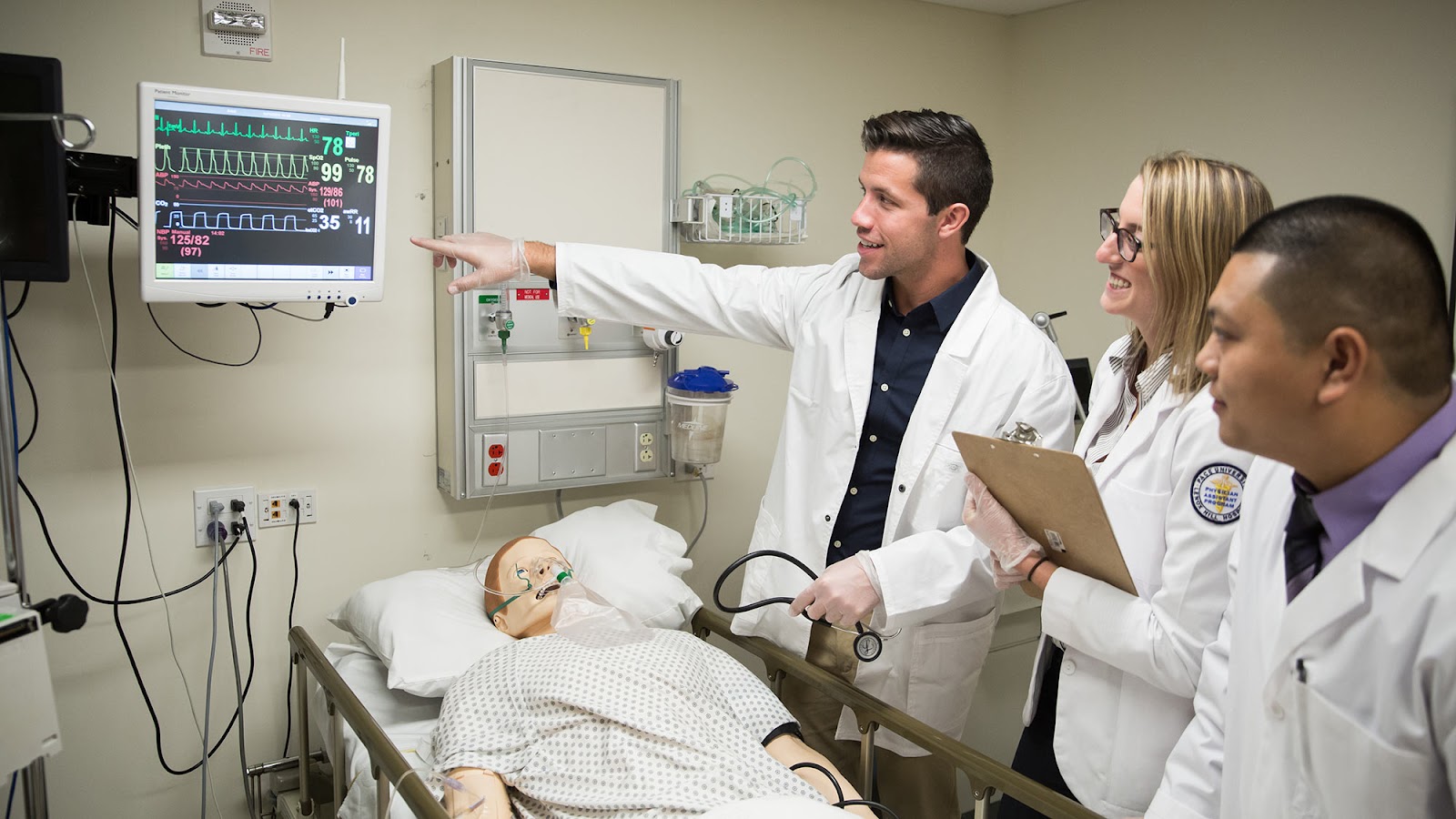In a state where the elderly population surpasses the national average, Hawaii’s physician assistants face the significant task of addressing prevalent health issues, including cardiovascular diseases and cancer. Their roles extend across various medical domains, from prenatal care to geriatric services. With 190 PAs employed in Hawaii, earning an average salary of $77,240, aspiring individuals can embark on the journey of becoming a physician assistant in Hawaii through the following steps:
Step 1: Choosing Accredited Hawaii Physician Assistant Programs
Selecting the appropriate physician assistant program is crucial for licensure in Hawaii. Programs accredited by the American Medical Association’s Committee on Allied Health Education and Accreditation and the Accreditation Review Commission on Education for the Physician Assistant (ARC-PA) are prerequisites. As graduate-level programs, they necessitate applicants to hold a bachelor’s degree in any discipline. Certain bachelor’s degrees, such as Nursing, Public Health, Psychology, Biology, Chemistry, and Medical Assistant, may fulfill prerequisite course requirements. Prospective students should anticipate meeting admission criteria, which often include taking the GREs and gaining clinical experience.
Step 2: Conquering the Physician Assistant National Certifying Exam (PANCE)
The PANCE, a cornerstone of the certification process, assesses candidates’ proficiency across a broad range of medical domains, ensuring their readiness for clinical practice. This rigorous examination, comprising 300 multiple-choice questions, spans five hours and evaluates candidates on essential competencies such as physical examinations, medication prescribing, and diagnostic skills across various body systems. Administered by the National Commission on Certification of Physician Assistants (NCCPA), the exam carries a registration fee of $475. Successfully passing the PANCE is paramount for attaining certification by the Hawaii Board of Medical Examiners, marking the culmination of rigorous training and preparation. Upon successful completion, candidates earn the prestigious title of Physician Assistant-Certified (PA-C), symbolizing their commitment to excellence in patient care and professional integrity.
Step 3: Applying for Licensure to the Hawaii Board of Medicine
Securing a Physician Assistant license from the Hawaii Board of Medicine is a pivotal step in the journey towards professional practice. The licensure application process is comprehensive, requiring candidates to meticulously compile and submit various documents and fees. Applicants must complete an application form, providing detailed information about their educational background, clinical experience, and professional qualifications. Additionally, forwarding PANCE scores and a Federation Discipline Report to the board is essential to demonstrate competency and adherence to ethical standards.
Furthermore, candidates must remit an application fee, which varies depending on the preferred license dates, ranging from $90 to $150. Alongside these requirements, applicants must furnish a graduation certificate from a recognized PA degree program and a Verification of Supervising Physician, affirming their readiness to practice under supervision.
Step 4: Sustaining Certification and License in Hawaii
Continuing medical education (CME) is a vital aspect of maintaining competency and staying abreast of advancements in the medical field. Through CME activities, Hawaii PAs enhance their knowledge and skills, ensuring the delivery of high-quality patient care. These educational endeavors encompass a wide array of topics, including new treatment modalities, emerging diseases, and updated medical guidelines. By participating in CME activities, PAs broaden their understanding of complex medical issues and refine their clinical decision-making abilities.
Furthermore, the NCCPA’s Physician Assistant National Recertifying Exam (PANRE) serves as a comprehensive assessment of a PA’s knowledge and proficiency. By requiring PAs to undergo this rigorous examination every ten years, regulatory bodies ensure that practitioners maintain a high standard of competence throughout their careers. The PANRE evaluates PAs across various medical domains, reinforcing their commitment to lifelong learning and professional development.
Renewing their Hawaii license is another essential obligation for PAs, ensuring compliance with state regulations and upholding professional standards. By submitting the necessary documentation and fees within the stipulated timeframe, PAs demonstrate their dedication to maintaining licensure and adhering to ethical and legal standards in their practice.
Conclusion
In essence, by fulfilling these requirements and commitments, aspiring physician assistants in Hawaii can establish themselves as competent and compassionate healthcare providers, poised to make meaningful contributions to the well-being of the island community. Through dedication to ongoing education and adherence to regulatory standards, these professionals play a pivotal role in shaping the healthcare landscape of Hawaii, promoting optimal health outcomes for its residents.




